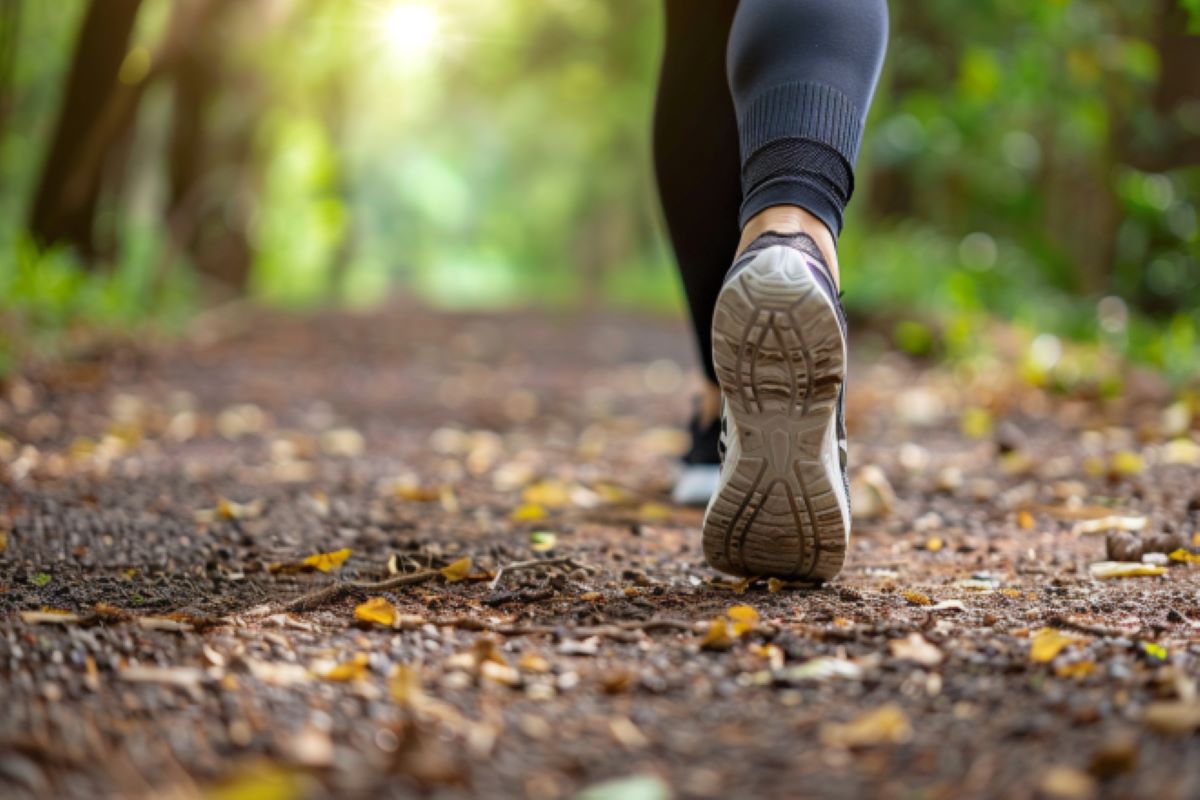LIVING forever is the stuff of Sci-Fi drama – but what if we could all give ourselves just a few more good years?
Say, for instance, there was a pill that could slow down the damage wrought over time so that you could feel younger for longer.
And what if that pill was already sitting in your medicine cabinet?
In fact, there are four common medicines, some of which you might already take, which a group of Swiss scientists believe might help you live longer.
The study, which has not yet been peer-reviewed, analysed UK health records and found that each drug was linked to slightly lower chances of dying.
The ‘magic’ drugs listed were Viagra, used to treat erectile dysfunction; atorvastatin, used to lower cholesterol; a pain-killing drug called naproxen; and oestrogen, found in hormone-replacement therapy (HRT).
The idea that prescription medicines might have additional life-extending effects on top of their known benefits is not new.
But getting specific details on how they can impact your health and their long-term effect, is.
Professor Alejandro Ocampo from the University of Lausanne in Switzerland said: “We don’t want to cure or treat a single disease, we want to prevent many of them,” which has the potential to boost your chances of a longer life.
The team looked at the 406 most prescribed medicines and ranked each based on how effectively they reduced mortality rates.
To work this out, they used the health data of about half a million people from the UK Biobank, a large long-term study.
1. HRT
The largest difference in mortality rates was seen in women using oestrogen and those who didn’t.
A synthetic version of oestrogen is found in HRT, a treatment used to help ease menopause symptoms.
Oestrogen-containing medicines were linked to a 25 per cent lower death rate over the study when compared to similar women who didn’t take the hormone.
A previous study from 2022 suggested the hormone could improve heart health and overall survival.
The US scientists behind the research think the drug does this by lowering cholesterol and increasing the flexibility of blood vessels. which protects the heart.
The drug is also known to improve bone strength, which could be keeping people alive longer by slashing their chance of breaking a hip.
This sort of accident can be very dangerous in older people due to the necessary surgery and long recovery period.
2. Viagra
Supporting the findings that Viagra – and similar erection-enhancing medicines – could have life-extending powers , another study recently found the medicines could provide a protective effect against Alzheimer’s disease.
The drug does this by widening blood vessels which boost circulation to the brain – and, obviously, the penis, scientists believe.
The study, published in the journal Neurology, said the active drug in Viagra, sildenafil, can travel into the brain and change brain cell activity, showing signs of protecting nerves in animal studies.
The little blue pills are also used on the NHS to treat pulmonary hypertension, a rare but potentially fatal lung condition.
3. Statins
Meanwhile, statins have long been known to protect against heart attacks and strokes – so it’s hardly surprising that they keep people alive for longer.
The medicine is used to lower cholesterol in the blood.
If you have too much cholesterol in your blood, you are at risk of heart disease or stroke.
One Spanish study even found that statins may slow the ageing process down by keeping the DNA in each cell healthy.
4. Painkillers
Naproxen being listed as a life-lengthening medicine might come as a surprise to some.
The drug is known to – when taken in very high doses or for a long time – raise the risk of a heart attack, stroke, or internal bleeding.
However, the medicine does dampen pain by lowering inflammation, which is suspected of playing a role in a wide range of such as heart disease and some cancers.
Though the study found a positive correlation between taking each drug and living longer, the study’s authors stressed it can’t be taken as proof that the drugs will boost your life expectancy.
Randomised trials – the ‘gold standard’ of clinical experiments that offer the best type of medical evidence – are needed to confirm some of the study’s conclusions.
What does a well-stocked medicine cabinet look like?
Most of us have allowed our bathroom cupboards to become cluttered with useless and out-of-date drugs and devices.
Here’s what you should have to hand, according to the Royal Pharmaceutical Society,
Medicines:
- Pain relief – painkillers like paracetamol and ibuprofen are highly effective at relieving most minor aches and pains, such as headaches and period pain
- Decongestants – can provide short-term relief for a blocked or stuffy nose.
- Indigestion treatment – if you have stomach ache or heartburn, a simple antacid will reduce stomach acidity and bring relief
- Antihistamines – these are useful for dealing with allergies and insect bites
- Anti-diarrhoea tablets – these remedies can quickly control the symptoms of diarrhoea, although they don’t deal with the underlying cause.
- Oral re-hydration salts – an easy way to help restore your body’s natural balance of minerals and fluid, and help your recovery after fever, diarrhoea or vomiting
- Sunscreen – keep a sun lotion of at least factor 15 to reduce your risk of skin cancer
First aid kit:
- Bandages – can support injured limbs, such as a sprained wrist, and apply direct pressure to larger cuts before being treated in hospital
- Plasters – a range of sizes, waterproof if possible
- Eyewash solution – this will help wash out grit or dirt in the eyes.
- Thermometer – digital thermometers that you put in your mouth produce very accurate readings; an underarm thermometer or an ear thermometer are good ways to read a baby or young child’s temperature.
- Sterile dressings – larger injuries should be covered with a sterile dressing to prevent infection until treatment can be given by a healthcare professional
- Tweezers – for taking out splinters; if splinters are left in, they can cause discomfort and could become infected
- Antiseptic – this can be used to clean cuts before they’re bandaged, and most can treat a range of conditions, including insect stings, ulcers and pimples; alcohol-free antiseptic wipes are useful to clean cut

Sarah Carter is a health and wellness expert residing in the UK. With a background in healthcare, she offers evidence-based advice on fitness, nutrition, and mental well-being, promoting healthier living for readers.








